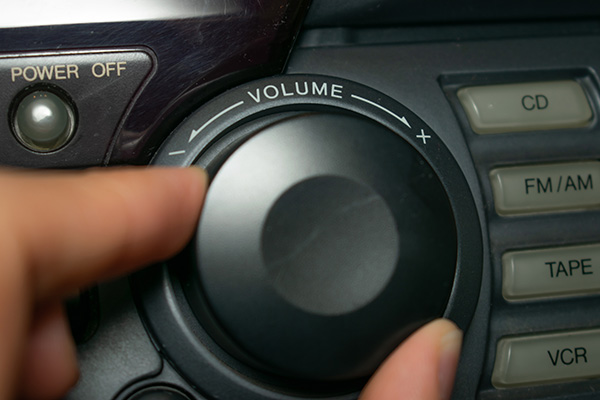
Driving is more than just navigating roads; it's about maintaining focus, making quick decisions, and staying alert to the surroundings. But what happens when you crank up the volume on your favorite tunes? The idea of driving with loud music blaring might seem harmless or even enjoyable, but it can significantly impact your driving performance and safety. Let's explore how loud music can affect your ability to drive safely and what you can do to mitigate these risks.
The Science Behind Distraction
Distraction is a primary concern when it comes to driving safety. According to numerous studies, cognitive overload is one of the main reasons drivers lose focus. When you listen to loud music, your brain has to process the auditory input while simultaneously trying to manage the visual and motor tasks required for driving. This split in attention can reduce your reaction times and impair your ability to notice important visual cues on the road, such as traffic signals or sudden movements from other vehicles or pedestrians.
Impacts on Reaction Time and Decision-Making
Ever noticed how quickly you need to react when something unexpected happens on the road? Loud music can lengthen your reaction time, making it harder to respond promptly to hazards. The blaring sound can drown out other important auditory signals, like honking horns, emergency sirens, or even the sounds of your own car's mechanical issues. This delayed reaction can be the difference between a near-miss and a collision.
Moreover, the type of music and its tempo play a role. Fast-paced, aggressive music can lead to more aggressive driving behavior, increasing the likelihood of speeding and risky maneuvers. In contrast, soothing music might not have the same effect, but any music played at high volumes can still lead to significant distractions.
Emotional and Physiological Effects
Music has a powerful impact on our emotions. While this can be a positive influence in many contexts, it can be a double-edged sword when driving. Loud music can heighten emotions, leading to stress or excitement that can distract you from the task at hand. If you're listening to music that makes you feel invincible or overly confident, you might take risks you wouldn't normally consider.
Physiologically, loud music can also cause fatigue. The strain from processing high sound volumes can tire your auditory system and, subsequently, your entire body. This can make you less alert and more prone to making errors.
Impact on Driving Performance and Legal Implications
Loud music doesn't just distract—it can physically impair your driving performance. The louder the music, the more likely you are to miss important cues from your vehicle and environment. This is particularly dangerous in complex driving situations, like heavy traffic or adverse weather conditions, where every bit of attention is crucial.
In many places, driving with loud music can also lead to legal repercussions. Some jurisdictions have laws that regulate the volume of music in vehicles to ensure it does not interfere with the driver's ability to hear their surroundings. Getting pulled over for loud music can result in fines or warnings, and repeated offenses might even lead to more severe penalties.
Mitigating the Risks
So, how can you enjoy your music while driving without compromising safety? Here are some practical tips:
- Volume Control: Keep the music at a moderate volume. This ensures you can still hear important external sounds.
- Song Selection: Choose music that doesn't overly excite or distract you. Avoid tracks with sudden loud bursts or aggressive rhythms.
- Breaks: On long drives, take breaks from music to rest your auditory senses.
- Speaker Placement: Ensure your car's speakers are not placed in a way that they direct sound too aggressively toward your ears.
Feel like your car needs a check-up? Stop by Morrison Tire today and ensure your vehicle is in top shape for safe driving.